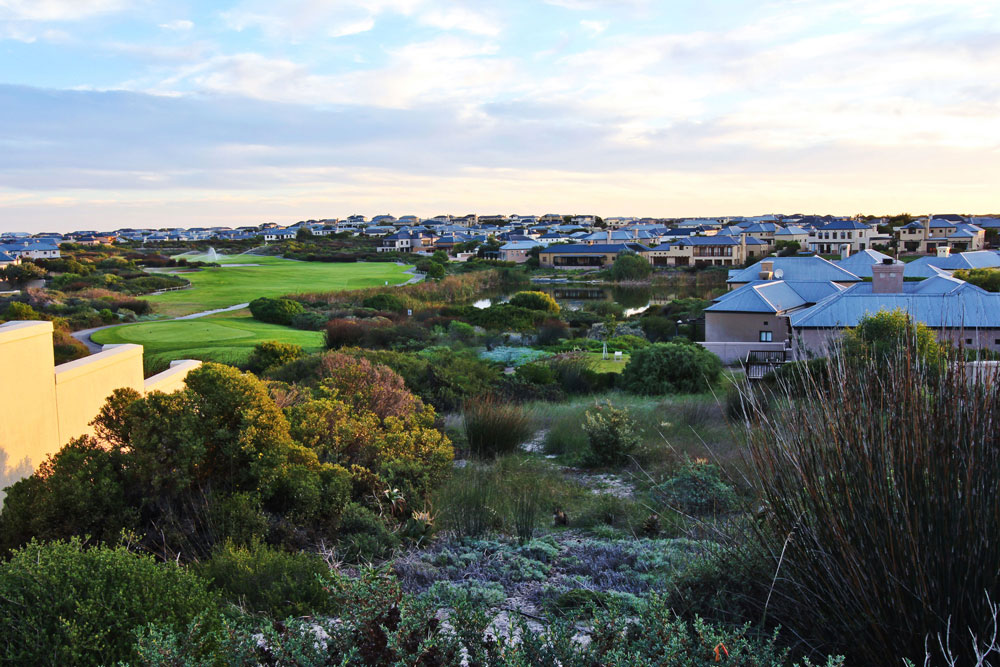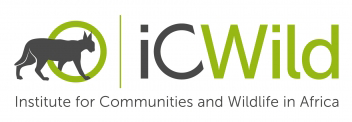|
Jump to: iCWild's work · Intended impacts · Project team · Collaborators and funders · Outputs |
Scientific research is an important part of effective management, particularly in a changing world with novel challenges. As the human population continues to grow, there will be an increased demand for space, for a range of uses including housing. Such demand will increasingly pressurise city officials to allow development in undisturbed natural areas. It is therefore important to understand the impact of land development on the local environment, and whether sustainable faunal and floral populations can be maintained under increasing human modification.
iCWild's work

Estates, and eco-estates in particular, are becoming progressively more common in South Africa. Yet, there is little research into the effects such estates have on the environment. This project will provide information regarding the ability of an eco-estate to maintain faunal communities, by comparing the Atlantic Beach Estate, located in the ecologically-sensitive fynbos in South Africa’s Western Cape, to Blaauwberg, a neighbouring nature reserve.
We aim to quantify the differences in faunal biodiversity between the estate and the nature reserve, comparing differences in the total number of species (species richness), and how the number of individuals is divided among the number of species (evenness). We will use camera traps to monitor large mammals, and sample small mammals using Sherman traps (a rectangular metal trap which captures rodents without causing injury). We will also sample birds via visual observation and vocalisations. We will supplement this ecological data with resident surveys to understand people’s perceptions of nature on the estate.
You can also read about the history of caracal-cat conflict in Atlantic Beach Estate, and the rival narratives about what it means to live with nature.
Intended impacts
-
There is potentially a discrepancy between the expected and actual impacts of estate construction. By critically assessing the actual impact of this eco-estate, we hope to guide future construction in high biodiversity areas.
-
Our research will inform management practices on the Atlantic Beach Estate by determining why some areas but not others are successfully maintaining natural wildlife populations..
-
Bird sampling was last done on the estate in 2005; our work will repeat this survey exactly, allowing quantification of changes through time. We will be sampling small and large mammals for the first time, and will provide baseline information against which future surveys can be compared.
Project team
|
Michael Ross, MSc candidate and Project contact Prof Justin O’Riain (iCWild), Supervisor Prof Nicoli Nattrass (iCWild), Co-supervisor Dr Gary Bronner (Department of Biological Sciences, UCT), Co-supervisor |
Collaborators and funders
Related outputs
Click here to view iCWild's full output list, and use the filter tool to view outputs related to Eco-estates.

